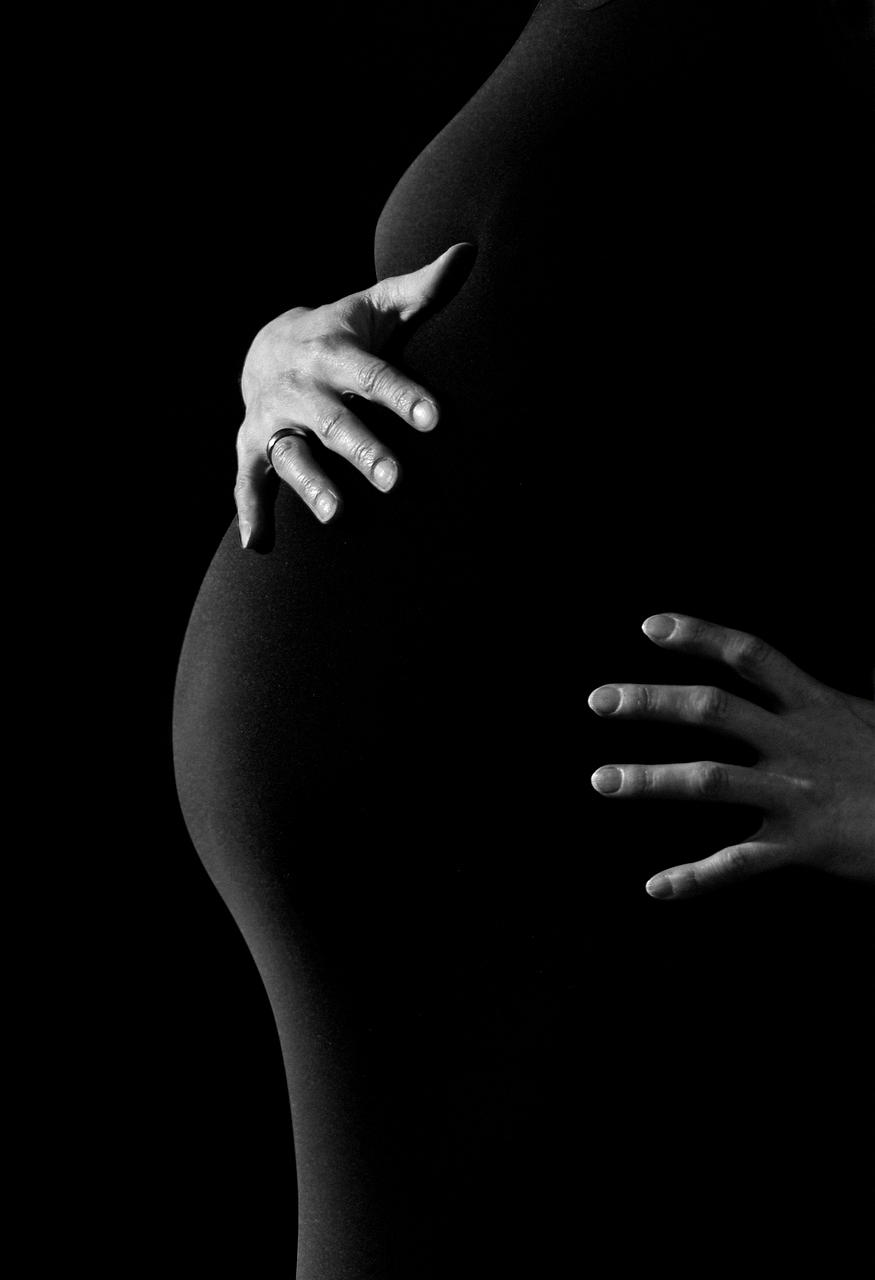When it comes to the safety of performing a Cesarean section at 37 weeks of gestation, it is crucial to consider a variety of factors that can impact both the mother and the newborn. Research has shown that the incidence of neonatal complications is higher in babies delivered at 37 weeks compared to those delivered at 38 weeks via elective C-section.
One of the key reasons for the increased risk of complications at 37 weeks is the fact that babies born prematurely may not be fully developed, particularly in terms of lung function and overall maturity. This can increase the likelihood of respiratory issues and other health concerns in the newborn.
Furthermore, the timing of the C-section can also impact the mother’s health and recovery. Performing the procedure at 37 weeks may increase the risk of complications for the mother, such as infection, bleeding, and prolonged recovery time.
It is important for healthcare providers to carefully weigh the risks and benefits of performing a C-section at 37 weeks. In cases where there are medical indications that necessitate an earlier delivery, such as maternal health conditions or fetal distress, the benefits of delivering the baby may outweigh the potential risks.
However, in the absence of such urgent medical reasons, scheduling a C-section at 38 weeks, when the baby is considered full-term, can significantly improve neonatal outcomes and reduce the risk of complications for both the mother and the newborn.
Expectant mothers should have open and honest discussions with their healthcare providers about the timing of their C-section and the potential risks involved. It is essential to fully understand the implications of delivering the baby at 37 weeks and to follow the guidance of medical professionals.
Additionally, proper prenatal care and monitoring throughout the pregnancy can help identify any potential issues that may arise and allow for timely interventions to ensure the health and well-being of both the mother and the baby.
Overall, while there may be circumstances where a C-section at 37 weeks is necessary, elective procedures should ideally be scheduled for 38 weeks to minimize the risks associated with premature delivery and improve the chances of a successful outcome for both mother and baby.
Every pregnancy is unique, and decisions regarding the timing of a C-section should be made on a case-by-case basis, taking into consideration the specific health needs and circumstances of the mother and the baby.
In conclusion, while a C-section at 37 weeks may be deemed safe in certain situations, the evidence suggests that waiting until 38 weeks for an elective procedure can lead to better outcomes and reduce the potential for complications associated with premature delivery.

